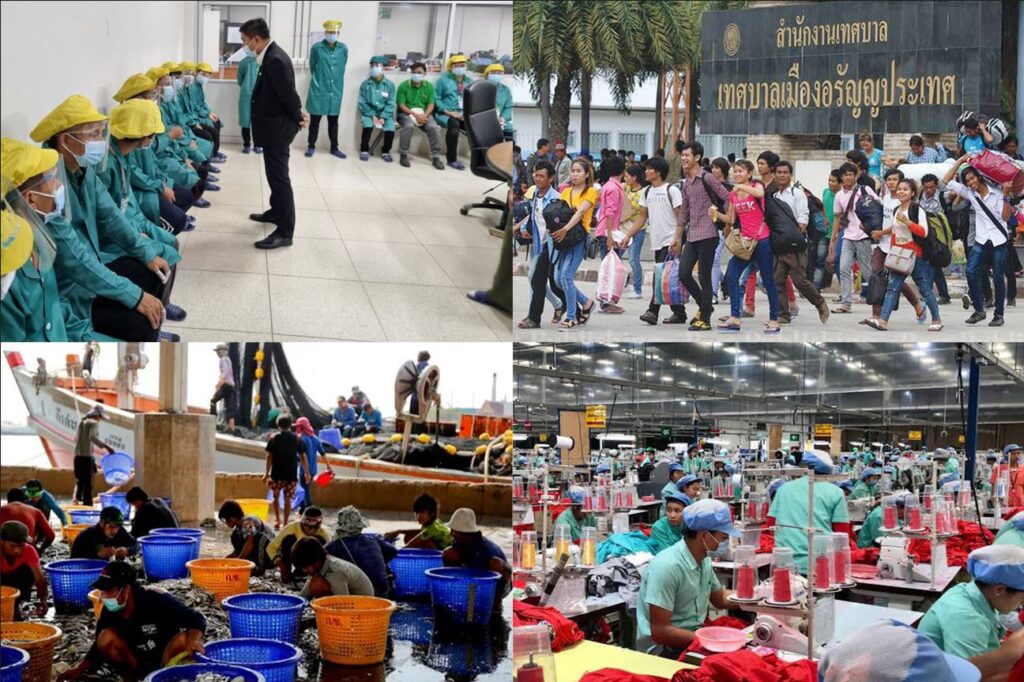Myanmar Spring Chronicle – September 4 View
(MoeMaKa), September 5, 2025
The coup military, re-energized with backing from major powers, and the hardship people are facing
In recent days, coup leader Min Aung Hlaing has been in China. Amid SCO member states, observer states, and Asian countries attending the 80th anniversary commemoration of victory over fascism after World War II, his propaganda push to showcase diplomatic acceptance appears to be having a noticeable effect.
On the grand, staged avenue at Tiananmen, the Chinese, Russian, and North Korean presidents marched in front, followed in groups by other world leaders as they proceeded to the grandstand for the military parade. On social media, some compared the scene to crime bosses flaunting power; others interpreted it as an omen of a world splitting into blocs and a prelude to future wars.
Talk of a Third World War feels more plausible to some; global enmities and military rivalries seem likely to intensify. Seeing the modern weapons and up-to-date military technologies displayed at the anti-fascist victory parade deepened anxieties that war may indeed be approaching.
Within a gathering of countries that look poised to counter the West economically and diplomatically, photos showed Myanmar’s coup leader childishly reveling in the bloc-building and power displays of the great powers.
At the 80th-anniversary parade marking the 1945 defeat of fascist Japan, China showcased its military technology and strength, proudly signaling that it has surpassed the era of invasion and, eighty years on, arrived as a major world power.
Riding that pride and support, Min Aung Hlaing appears to be using China’s military power and technological advances as a diplomatic opportunity—both to seek advantage in Myanmar’s civil war and to increase the number of countries that will recognize the elections planned for year’s end.
While these scenes unfolded in Beijing, inside Myanmar the daily news continues to show airstrikes causing deaths and injuries, and homes, monasteries, schools, and hospitals destroyed.
As army columns advance, villagers flee, becoming displaced people in need of relief, shelter, and medicine in towns and districts across the country; at the same time, we hear daily of those left behind being detained or killed when troops enter their villages.
We have also seen reports of farmers being arrested even as they harvest their crops, and of villagers harvesting at night because the daytime is too dangerous with army columns on the move.
In Yangon, Mandalay, and other major cities, young men are being seized on the streets, pressed into military conscription, and shaken down for exorbitant payments. For conscription-age youth, it is no longer a question of drawing a draft number; at any time, while simply going about their day, they can be picked up and forced into the army.
As the civil war intensifies, the need for money to buy arms and ammunition has grown. In this climate, cronies, armed groups, and their business partners sell off quick-extraction rights for gold, gemstones, minerals, and timber. We are seeing rapid deforestation, and the environment is deteriorating at speed due to mining.
At the same time, across conflict areas, drug trafficking that cuts through armed-clash zones and crosses borders is increasingly evident. From eastern Myanmar—northern Shan State, for example—large quantities of narcotics are moving via Sagaing, Magway, Yaw, Chin, and Rakhine toward the western frontiers by road and river. The news often reports seizures, but we can assume that many shipments slip through every day as well.
Because border trade and resource extraction generate revenue for resistance armed groups, the junta has been trying in recent months to cut those income streams. It has suspended Thai–Myanmar overland trade, blocked convoys of trucks, carried out seizures, and, across many regions, people are facing chaotic price hikes.
Another page of this story concerns the roughly 500,000 factory workers whose livelihoods depend on Myanmar’s garment and manufacturing sector. With union leaders and labor-rights advocates arrested and jailed, some international labor federations have recently called on foreign companies that place orders in Myanmar to suspend them. Not long ago, the ILO imposed certain measures and restrictions regarding Myanmar, and another global labor body has now issued a further call.
Amid the many hardships—war, human-rights violations, rising crime, soaring prices, and forced conscription—the people of Myanmar are living day to day in conditions where it is hard to live and hard to survive.

